New opportunities identified for the development of local industry
On May 26, under the chairmanship of the President of the Republic of Uzbekistan, Shavkat Mirziyoyev, a video conference was held dedicated to the priority tasks for developing local industry.
In the context of global instability, every country primarily takes measures to protect sectors that provide the most jobs. In Uzbekistan, these sectors include the textile industry, construction materials production, and furniture manufacturing, collectively employing nearly one million citizens.
In the first four months of this year, the country’s industrial production grew by 6.3 percent, reaching 290 trillion UZS. Export volumes increased by 20 percent, amounting to $6.35 billion.
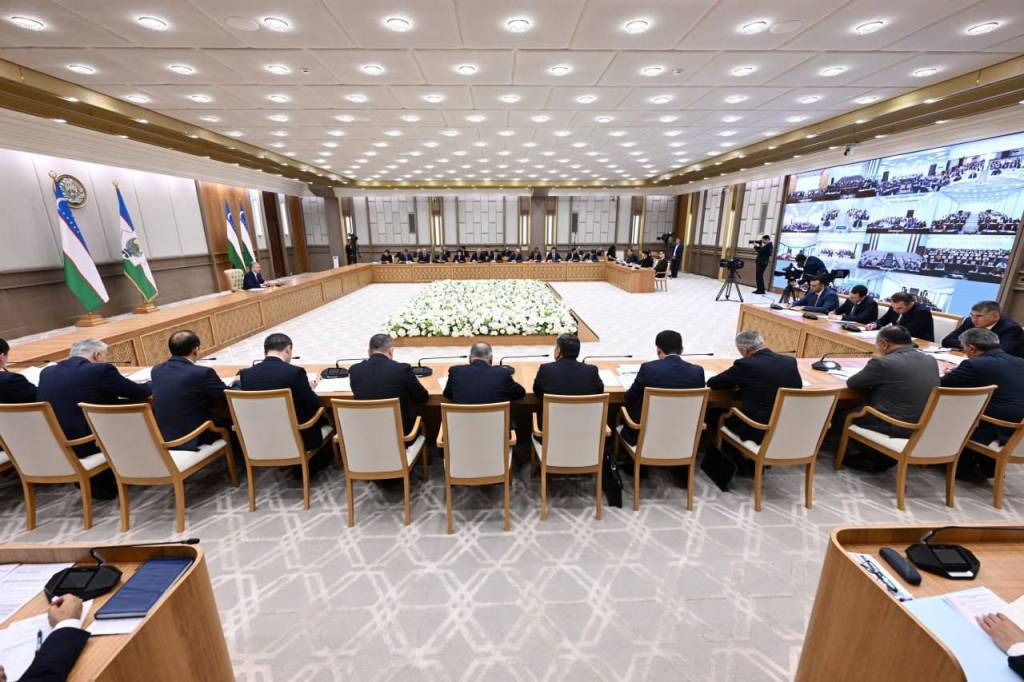
Issues of supporting and developing local industry were discussed at the meeting. The current situation across districts and sectors was analyzed, and existing shortcomings were identified.
For example, in the textile sector, nearly 7,000 entrepreneurs produce over 500 types of products. Some of them supply clothing to well-known international brands. However, despite their focus on quality, many producers cannot officially confirm this. To date, only 244 enterprises hold international certifications. Most of these are located in Tashkent and Fergana Valley regions, while in other regions, they are few and far between.
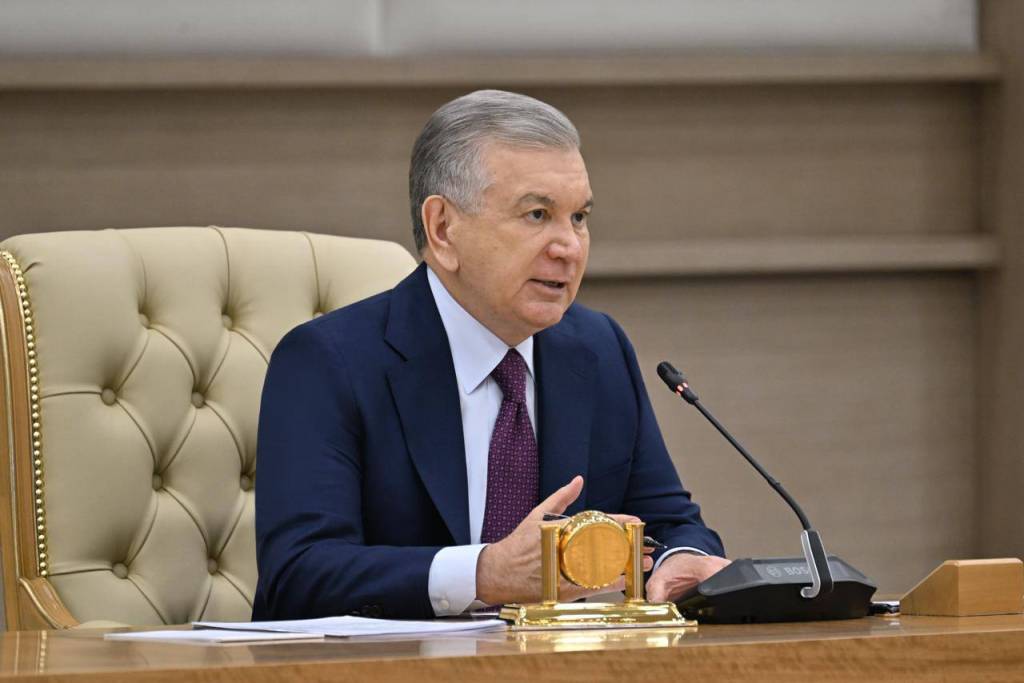
According to the Presidential decree adopted in February this year, the state will compensate not only the costs of obtaining international certifications but also the expenses related to adapting production processes to meet the required standards. Based on this, the task has been set to inform entrepreneurs about these opportunities and increase the number of certified enterprises in each region.
The Head of State put forward a vital initiative – to establish a company in Uzbekistan dedicated to supporting national brands. This organization will engage brand managers, designers, and marketers from abroad to help bring domestic brands to the global market. Products with international certifications and demonstrating competitive quality will receive a quality mark and be promoted internationally.
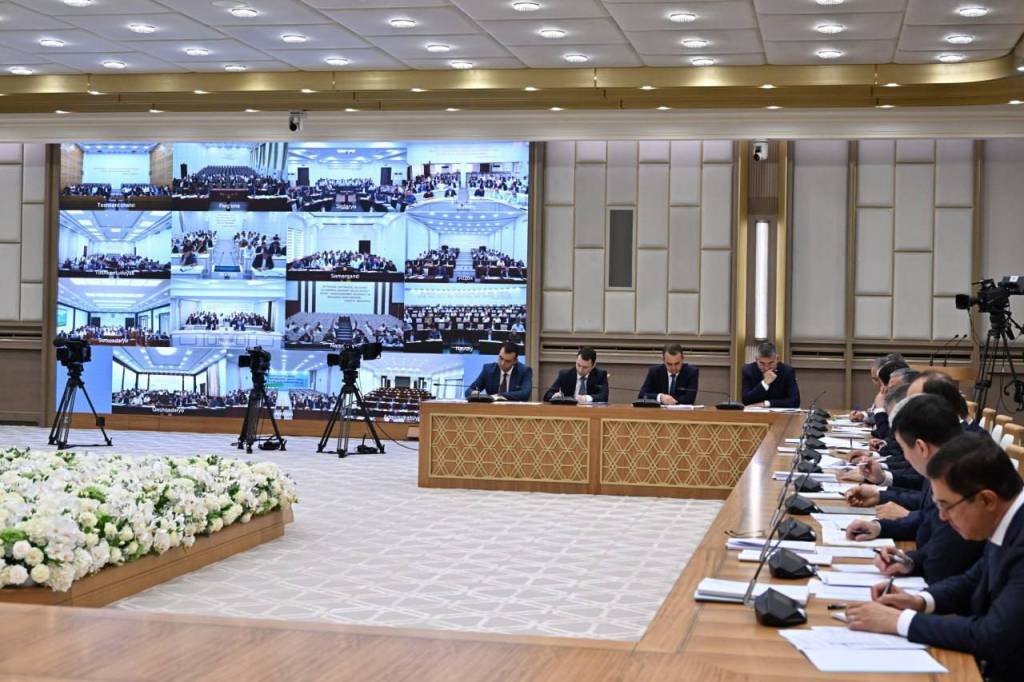
Currently, no shopping centers in the country sell exclusively national goods. In this regard, the construction of the Mall of Uzbekistan complexes will begin in the cities. Shops in these complexes will be rented out to entrepreneurs at minimal rates. Such centers will offer a wide selection for customers and provide convenience for foreign tourists.
In the current challenging environment, the deep processing of domestic raw materials and increased added value are significant. A factoring system has been introduced for finished goods manufacturers to support this direction, with $100 million allocated for this purpose.
As a continuation of these measures, textile enterprises can purchase yarn under simplified factoring conditions.
Another promising area of local industry is furniture production. This sector includes 7,500 enterprises, 920 of which were established just last year. In 2023, furniture worth 6.7 trillion UZS was produced, with exports amounting to $20 million.
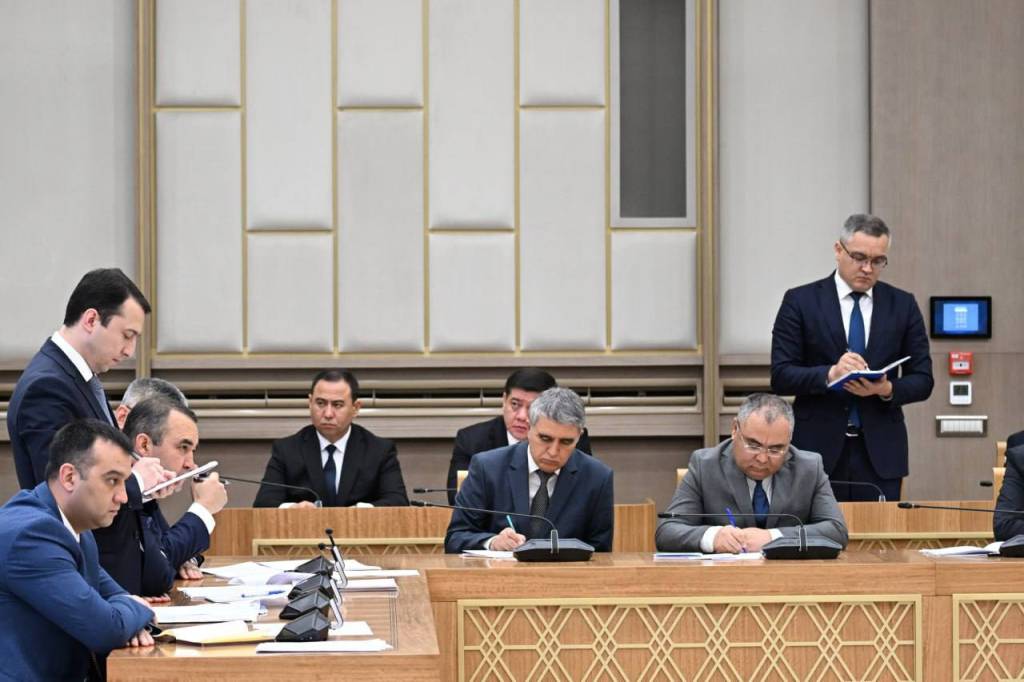
Domestic entrepreneurs and artisans have the potential to achieve even higher results. Many are eager to transition from manual labor to industrial production. In this regard, individual entrepreneurs in the furniture sector will be permitted to hire up to five workers.
Young entrepreneurs wishing to start or expand their activities in this field will be eligible for loans of up to 5 billion UZS, with a term of seven years at an annual interest rate of 18 percent.
In Sharof Rashidov, Yanginamangan, Pastdargom, Urtachirchiq, Quva, Buvayda, Yunusabad, and Uchtepa districts, furniture centers will be established following the example of Khonqa district.
Small business representatives in this sector may face difficulties importing materials from abroad. To support entrepreneurs, reduce transportation costs, and ensure the supply of raw materials at affordable prices, centralized deliveries of wood and wood materials will be organized. At the same time, the creation of monopolies will not be allowed – on the contrary, the range of choices on the market will expand. Entrepreneurs can independently choose whether to purchase this discounted wood, obtain raw materials from other suppliers, or import them.
For 14 types of raw materials, fittings, and accessories, a preferential customs duty of 1 percent will be set for three years.
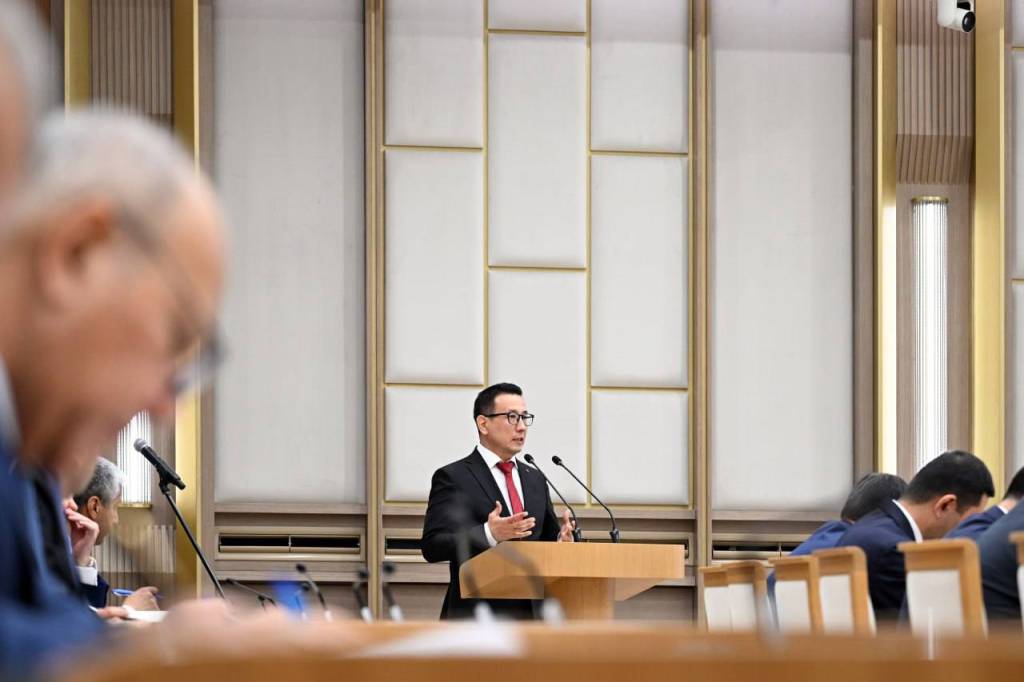
To stimulate export activity among furniture producers, expenses for obtaining international certifications and 50 percent of the salaries of foreign designers, marketers, and process engineers will be compensated. The reimbursable exhibition space at international fairs will be increased from 20 to 40 square meters.
Jewelry making, long valued in the country, can today become an additional driver of the economy. In 2023, production volumes in this sector exceeded $200 million, and exports grew by 17 percent, reaching $92 million. However, this represents only a small portion of the country’s potential, as over 100 tons of gold are mined annually in Uzbekistan.
In this regard, additional incentives are also being introduced in the jewelry sector. Jewelers will be able to conduct gold jewelry trade as individual entrepreneurs officially.
Expenses for attracting foreign specialists up to $2,500 will be compensated on the condition that at least five apprentices are trained. The sector also plans to transition to industrial-level production and support national brands.
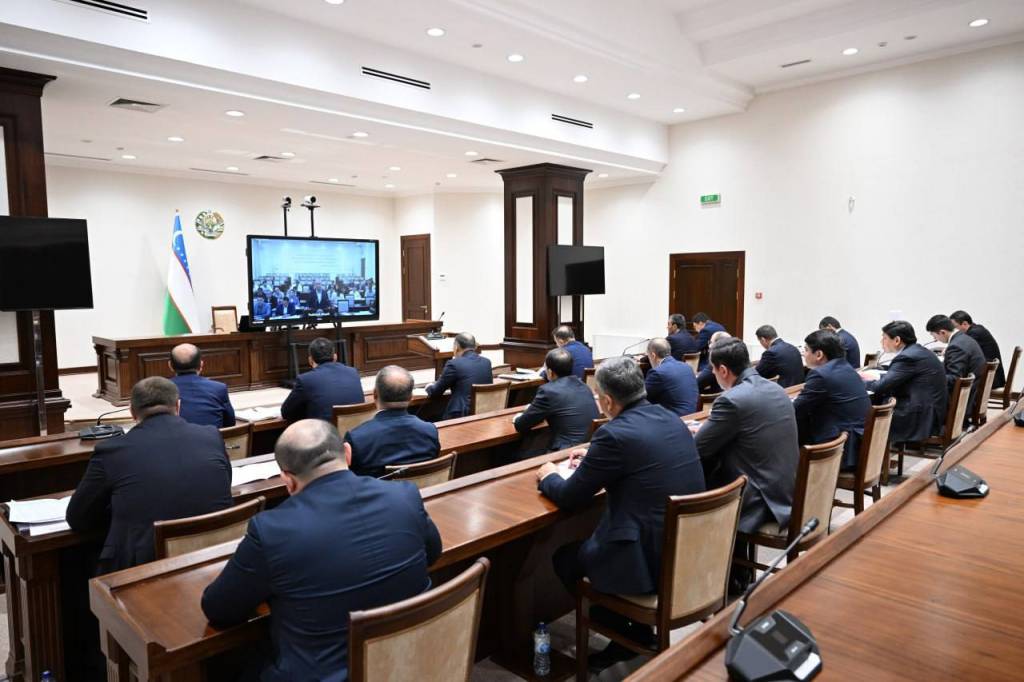
Imported equipment and components for jewelry production will be exempt from customs duties. The previously established procedure for purchasing gold in installments from the Navoi and Almalyk Mining and Metallurgical Plants will be extended for another three years.
Expenses of up to $30,000 for acquiring designs and molds from well-known brands will also be reimbursed. Based on the experiences of Türkiye, Dubai, and Egypt, jewelry centers have already been opened in Tashkent, Andijan, and Khiva. Similar complexes will gradually be established in other regions.
To ensure a sustainable supply of raw materials, the volume of gold offered on the exchange will increase from 6 to 8 tons. Gold reserves will be created in all regions.
Instructions have been given to reduce the share of the shadow economy in the jewelry sector and to encourage legal business activity.
Amid the country’s large-scale construction boom, the demand for construction materials remains high. Approximately 10,000 enterprises are currently operating in this sector. The main objective is to ensure high product quality and competitiveness.
It was noted that local construction materials should be more widely used and that this initiative should be supported by providing developers with working capital loans.
A registry of construction material production enterprises will be created on the “Shaffof Qurilish” platform, and a quality rating system will be introduced.
Reducing production costs is impossible without improving energy efficiency. In this regard, analyzing energy-intensive sectors and implementing innovative, cost-effective solutions was emphasized.
Following the meeting, the proposals of responsible officials and entrepreneurs on the discussed issues were heard.
UzA
 Ўзбекча
Ўзбекча English
English Русский
Русский




